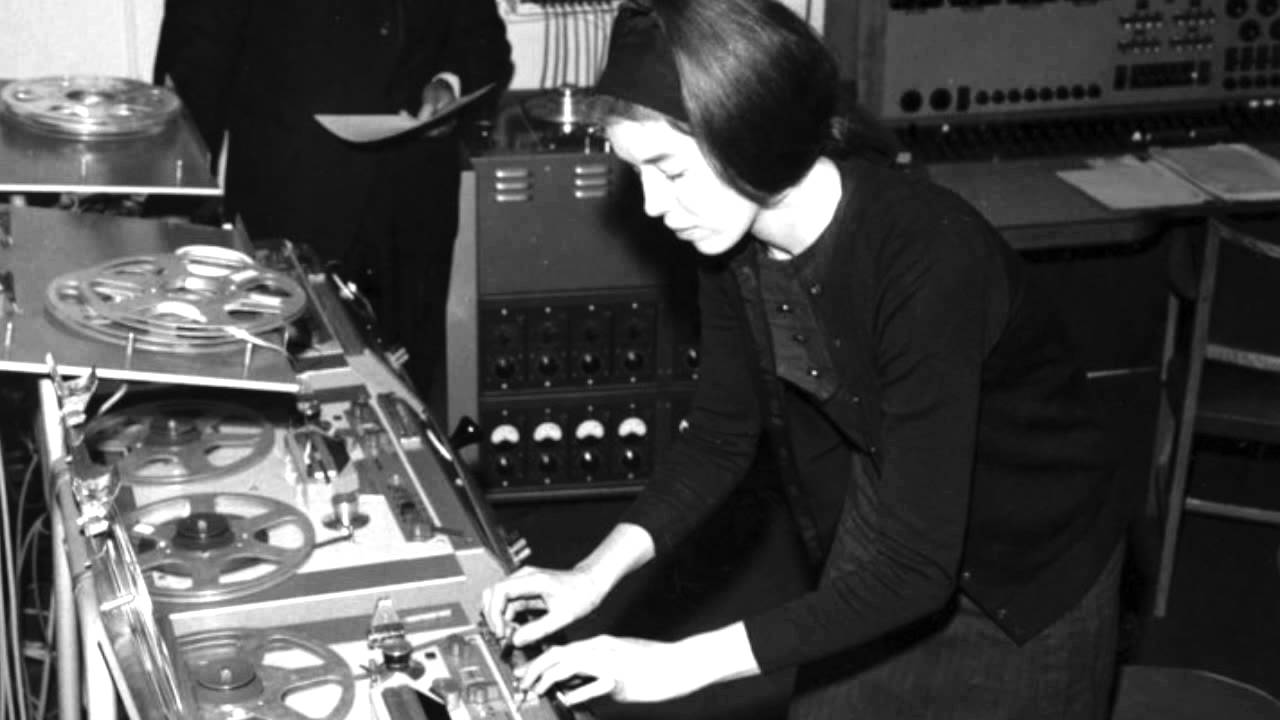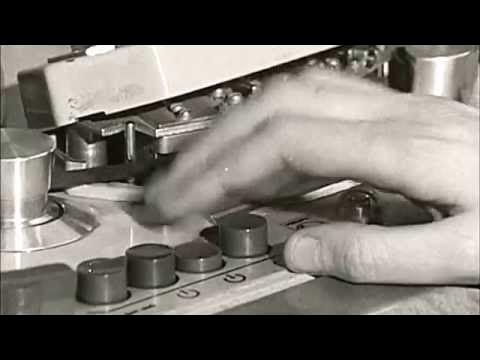This has been floating around in my head for weeks (as many things do).
I really love Plato. Most of these historical giants have just become foils for graduate theses and mass market non-fiction. I think that if you pick up Plato, Aristotle, Kant, Hegel, etc., and come away thinking those figures had a bunch of things wrong, you need to reread their work. I sat through a class on Plato and watched the teacher destroy Plato’s ideas in complete lockstep with the class. I would be up all night wrestling with the texts and then I would go to class. The professor would make sweeping (quite common) claims about the shortcomings of the chapters in question, until I couldn’t take it anymore and started to challenge their line of inquiry. At the time I felt very alone and misunderstood for it. Then one day a girl paused and got my attention as we were filing out. She said, “just so you know, I think your interpretations are fantastic.” I needed to hear that. We never spoke again, no one else spoke to me, but I knew in my heart I was doing something important.
The thing is, I didn’t see those problems they saw in Plato’s work. In fact, I saw extremely subtle delicate solutions. Not only that, but Plato was a writer of plays in which he never appears as a character. Why then is it so common to attribute the theories put fourth by the people in his plays as his own ideas. We don’t think that King Lear is a direct portrayal of Shakespeare’s thought. If anything, it is the total presentation of conflicting ideas working themselves through a plot line, which gives us a sense of the author’s awareness of the limitations of a singular view.
So, if you are getting payed to teach Plato in university there is a good chance you are convincing students that he had a “theory of forms,” which were essences or perfect ideas that exist in a separate realm, of which this one is but a shadow. I don’t think he thought that.
Right. So, the essence of electronic music. I had been mulling this a couple of weeks ago (I have no choice, my mind just mulls) and I thought, perhaps, what you meant was the essence of computer music. In that case I am on board.
Why does it matter? As usual I was scrolling through synthtopia today and ended up learning about Delia Derbyshire who worked for the BBC at the Radiophonic workshop. From what I can see, this is electronic music without computers.
Now, I took your comment to mean, “hey, quit trying to steer things into the house music world.” Obviously you are aware of this scene. To be clear, I do not seek agreement but prefer understandings of difference. So, although I abhor essences, I am fine with having differences in taste.
I think Legowelt is the perfect example here. He has successfully blended computer music with house music for years, and got the absolute attention of the old Chicago producers because he took the time to learn how to comment on the genre in his own way. If we collapse or blur the distinction between computer music and electronic music, I see no way to explain why Legowelt is so extremely influential.
More on Delia…

